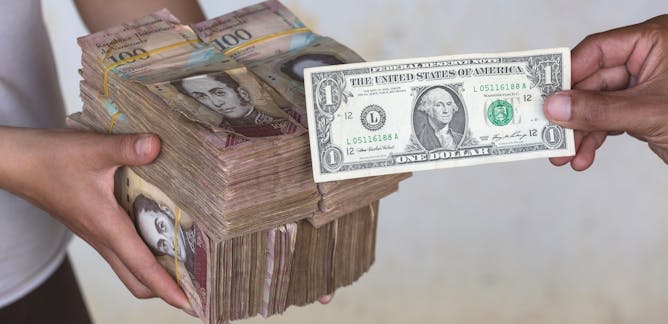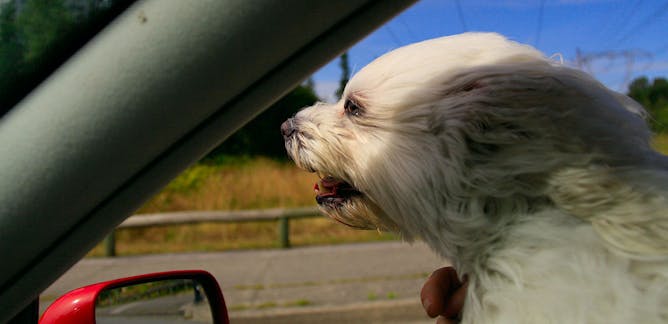|
Kids say the darndest things, as the saying goes - and they also ask quirky and interesting questions about their world. That’s why The Conversation Africa is launching its own series on Curious Kids. Our sister sites elsewhere in the world have already published a number of questions from curious kids, including whether dogs like to travel; why we dream; how the human heart works and the intricacies of currencies. In our first article, veterinarian and lecturer in animal behaviour Quixi Sonntag kicks things off by explaining
human language and how much our dogs and cats understand. Children can send us their science-related questions to africa-curiouskids@theconversation.com, and we’ll find experts to provide the answers.
Against what seemed like insurmountable odds, the Democratic Republic of the Congo opposition leader Felix Tshisekedi has been announced president-elect. His win follows a fractious campaign and a flawed election. Many expected the candidate closest to former president Joseph Kabila - Emmanuel Shadary – to win. But, as Reuben Loffman writes, the road ahead won’t be easy for Tshisekedi as the man who finally upstaged Kabila’s cabal.
|

“I feel like he never hears me…”
LightField Studios/Shutterstock
Quixi Sonntag, University of Pretoria
When it comes to their own "voices", studies show that cats and dogs use different vocal signals to communicate different messages.
|
Curious Kids
|

Adam Taylor, Lancaster University
We don't control our heart – it's an involuntary muscle – but special pacemaker cells help keep it ticking away.
| |

Shane Rogers, Edith Cowan University
When we are asleep our brain does not switch off. It keeps working, but not as hard.
|

Alan Shipman, The Open University
When poorer countries print more money, it doesn't make them richer – it just means people need more money to buy the same things.
| |

Paul McGreevy, University of Sydney
Travel can come with danger, so dogs have mostly evolved to avoid being over-adventurous. That said, dogs may see some kinds of travel as a chance to find things they want -- like food or a mate.
|
|
|

Supporters of DRC opposition leader Felix Tshisekedi, celebrate his presidential election win.
EPA-EFE/Hugh Kinsella Cunningham
Reuben Loffman, Queen Mary University of London
Felix Tshisekedi may have clinched DRC's presidency but the road ahead won't be a smooth one.
|
Arts + Culture
|
-
Carla Lever, University of Cape Town
Sarah Baartman’s name can be elevated to the highest point of the University of Cape Town’s campus, but if her legacy isn’t built into each classroom and interaction the honour is hollow.
|
|
Business + Economy
|
-
Brigitte Maass, Georg-August-Universität Göttingen
Guinea pigs are a good livestock choice and don't compete with humans for their food.
|
|
From our international editions
|
-
Petr Kilian, University of St Andrews
Originally found in a bucket of urine by an alchemist searching for the elixir of life, the race is on to find a way to rescue Element 15 from permanent exile in our rivers and streams.
-
David Campbell, Binghamton University, State University of New York
When the only fixes getting funded are designed to leave the status quo intact, the results of philanthropy inevitably fall short.
|
|